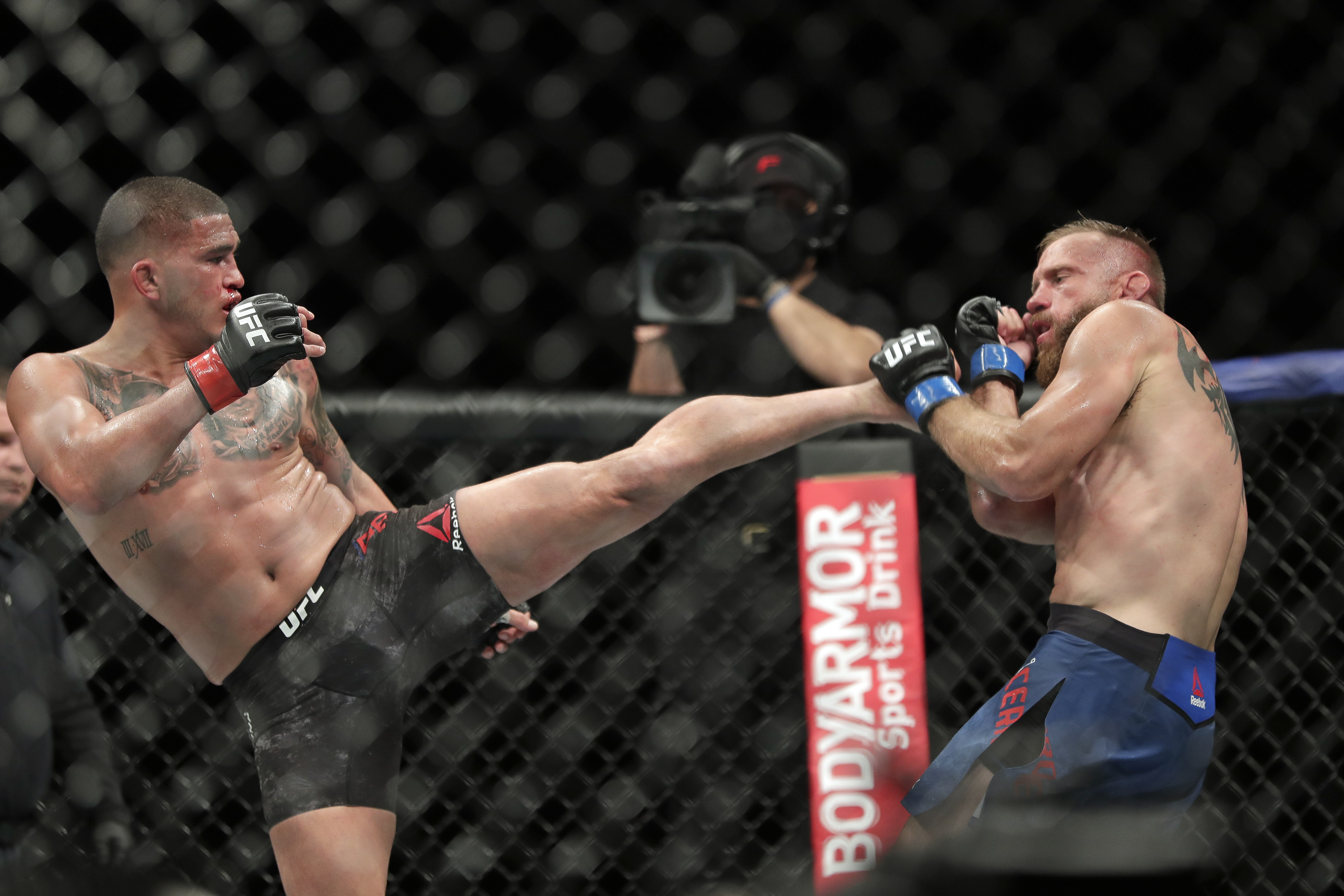The bodies writhe under the hot Greek sun. A young man falls, landed by a terrible blow, and the sand – very fine – remains stuck on him. The boy gets up, staggering a little. Look up and plant your feet on the ground. Rotate your body and deliver a deadly punch. His opponent collapses. Property.
Not far away, under a colonnade, a man looks satisfied with those boys training. It is Plato, the founder of the Academy. It was he, a few years earlier, who coined the term philosophy (love of knowledge), thus giving a name to those who, moved by a burning desire, tried to understand first the world and then man. To forge this term, Plato starts from Artifacts (love for fatigue), a concept he had learned and put into practice thanks to his wrestling master.
Plato’s Academy was this: a place where anyone who wanted to could improve himself. In the soul and in the body. The love of knowledge was driven (and perhaps still should be) by the desire to be better and better. Simply put, it was a matter of asceticism, as he explains Simone Regazzoni in Plato’s gym. Philosophy as training (Ponte alle Grazie): “Philosophy as askesis, integral care and training of oneself, as a transformation of life (…). Askesis (from which the term ‘asceticism’ will derive) means, in ancient Greek, ‘training’, in particular physical, ‘gymnastic exercise’ and also, with reference to a form of life, ‘life of the wrestlers’ “.
Philosophers are not people who sit and think about the highest systems, but those who are willing to sacrifice themselves to discover themselves. To experience fatigue, suffering and pain, certain that all this will bear fruit. They are the ones who set a law and submit to it for the greater good. As he writes Ortega y Gasset born The rebellion of the masses: “They are the selected men, the nobles, the only active ones, and not just reactive ones, for whom living is a perpetual tension, an incessant discipline. Discipline – askesis. They are the ascetics “.
The philosopher, but we could also say the man who wants to improve himself, places himself in front of life as a soldier in front of a battle or, if you prefer, as a boxer in the ring. The very dialogues written by Plato are a form of struggle. Aristocles (this is the real name of the Greek philosopher) wants to defeat his rivals and does so with dialectics. His Dialogues they are punched. His life is an eternal struggle. Like him too Marcus Aurelius, the philosopher emperor, who, in Thoughts, he writes: “Living is an art that is more like fighting than dancing, because we must always be ready and steadfast against unexpected blows that come to us”.
As HL Reid notes, “Platonic Gymnasium was meant to train beautiful souls in strong athletic bodies.” There, souls and bodies could exhaust themselves and ascend: “Sfinir their it means experiencing the end as an overcoming of oneself, transformation of the limit into a passage to something else “, writes Regazzoni. Each trial represented a challenge, of the mind and of the body. The bar was raised every day. Because, perhaps , this is precisely the essence of philosophy: to be better today than yesterday. A bit like in Rocky: “Here is what counts:” – Regazzoni writes – “discovering the limit, encountering fear, feeling the effort up to to give in, and keep putting one foot in front of the other. To work on oneself, on oneself, to elevate oneself and be, so worthy of what happens “.
In Plato, Sparta and Athens merge. Philosophers become warriors. Their souls are temples, their bodies very high walls. These are the secrets of Plato’s Academy. Closed to the sluggish, open to anyone who wants to improve.
–


